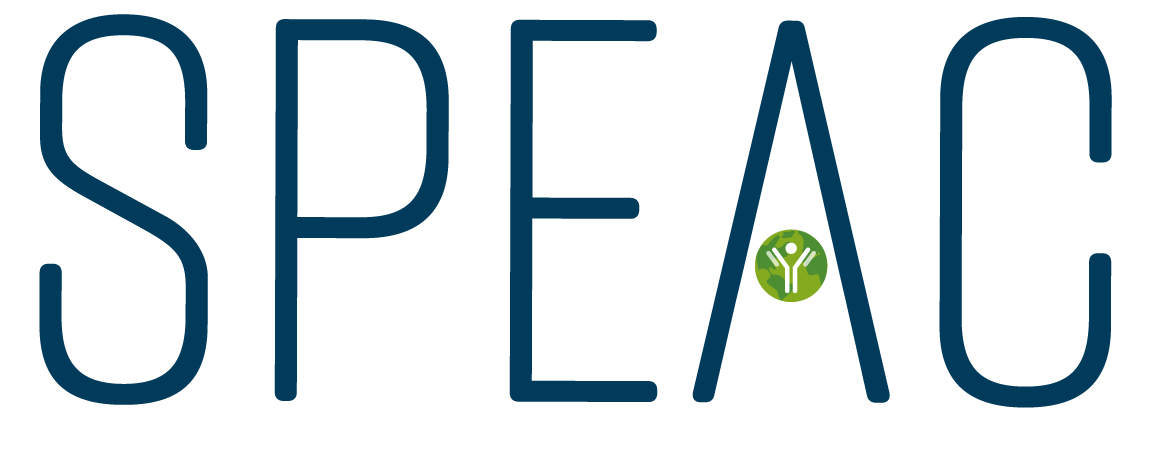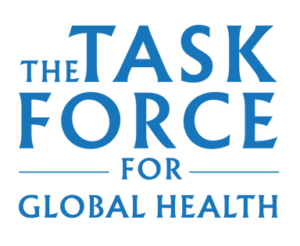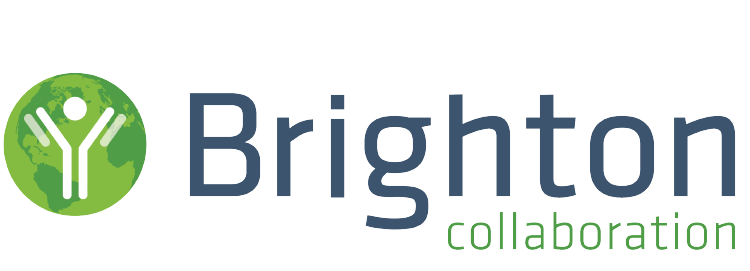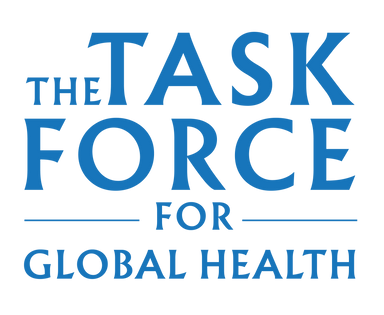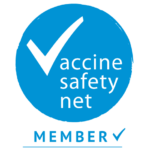Dr. Manu Chaudhary co-leads SPEAC’s special populations workstream alongside Dr. Flor Muñoz. Dr. Chaudhary is an American Board of Pediatrics Certified Pediatric Infectious Disease Specialist practicing at Rainbow Children’s Hospital in Bangalore and a Fellow of the American Academy of Pediatrics.
How did you get into the vaccine safety field?
In my final year at Armed Forces Medical College in India, I was involved in the Pulse Polio immunization program, conducting door-to-door vaccinations. During these visits, I encountered vaccine hesitancy among parents, which required us to engage in educational conversations about vaccine benefits and safety. This hands-on exposure to public health and vaccine advocacy ignited my passion for pediatric healthcare, motivating my decision to specialize in pediatrics and address these crucial health challenges.
I then completed my residency at the Children’s Hospital of Michigan and began my fellowship, focused on pediatric infectious diseases, at Texas Children’s Hospital in Houston, Texas. There, as part of my research, I studied Group B Streptococcal colonization in pregnant persons in India as well as in Indian American persons living in the US. I wanted to see what subtypes were prevalent in these related but different populations and how they were contributing to neonatal infections. This sparked my fascination with vaccinology. This work underscored the potential impact of the multivalent GBS vaccine, which is currently in development. It also marked a pivotal point in my career trajectory toward vaccine safety specialization.
Following the fellowship, I decided to return to India, and I have been working in various hospitals, where I evaluate pediatric health challenges in diverse environments. There is an urgent need in my country for specialized knowledge in vaccine safety and post-licensure activities and more equitable policy-making.
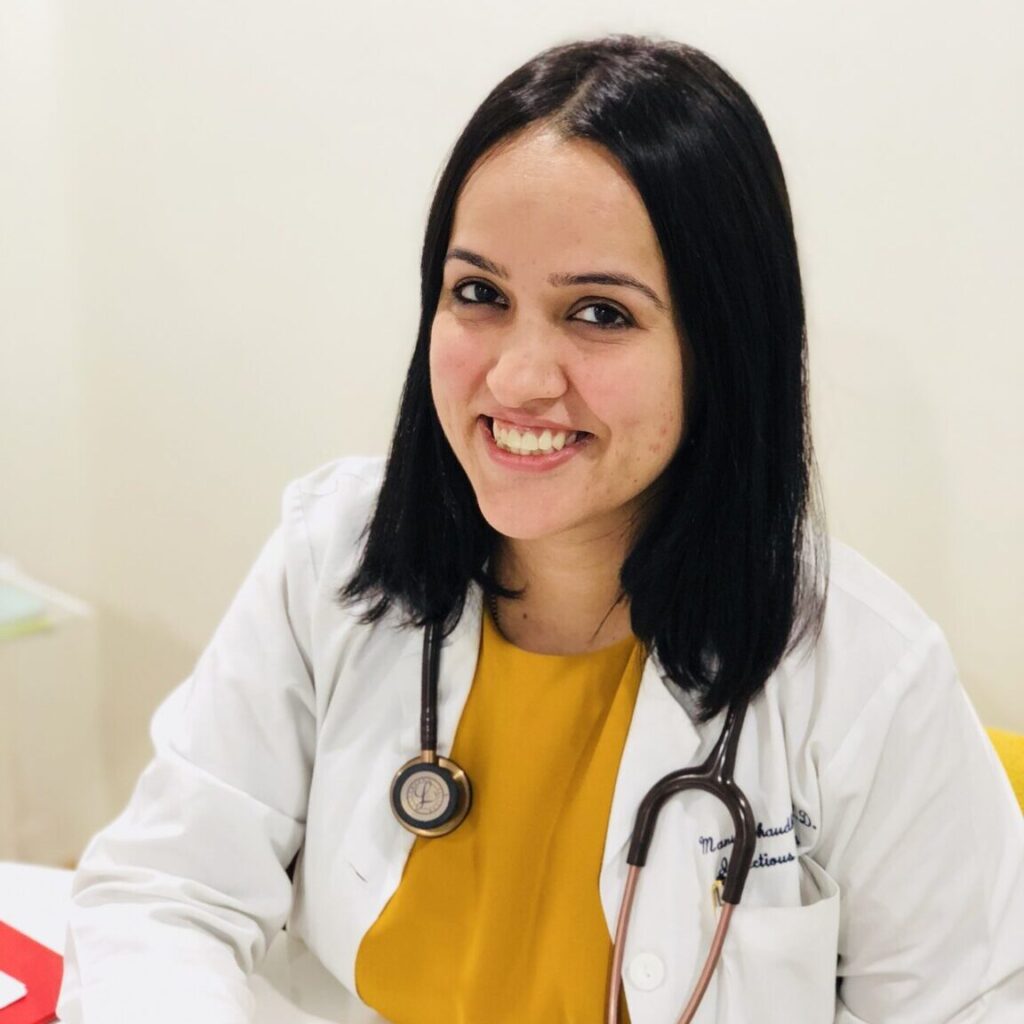
What are some of the challenges you are motivated to address?
My experiences over the last six years in various hospitals have heightened my awareness of the disparities in vaccine-related healthcare. I have encountered patients suffering from severe pneumococcal infections, which vaccines could have prevented. Although universal immunization programs cover most vaccines, in India, certain vaccines, like those for chickenpox, mumps, and pneumococcal infections, are predominantly available only in private healthcare sectors, making them inaccessible to many due to cost. Furthermore, in government healthcare centers, while healthcare workers are trained to administer vaccines, pediatricians aren’t always on hand to educate parents about additional vaccines available in private settings. This challenge is compounded in rural areas, where accessing childhood vaccinations remains a significant hurdle. I am motivated to address these challenges, aiming to improve vaccine accessibility and education, thereby reducing healthcare disparities.
During the COVID-19 pandemic, I collaborated with obstetricians at Rainbow Children’s Hospital to care for pregnant persons with acute COVID-19 infections. A significant challenge we faced was the hesitancy among pregnant and lactating persons to receive the vaccine, primarily due to concerns about the safety of fetuses and infants and the exclusion of pregnant persons from the initial vaccine trials. Socio-economic and geographic disparities further intensified this hesitancy. This highlighted the need for detailed, timely communication and inclusive strategies to improve vaccine acceptance. Addressing these challenges, particularly hesitancy, through evaluating vaccine safety is a priority I am keen to pursue.
Your training is in pediatric infectious diseases, and your research has focused on children and pregnant persons. Can you share some of your research interests?
My research primarily focuses on pediatric health and pregnant people. After my fellowship in the US, I returned to India and embarked on a study to uncover the causes of prolonged fever in children. The advent of COVID-19 shifted my focus towards managing pediatric patients with the virus. During the second wave, driven by the SARS-CoV-2 Delta variant, I contributed to the literature, helping develop guidelines adopted in India, Zambia, the Maldives, and Bangladesh. Currently, I’m investigating drug-resistant infections in Indian children and collaborating on studies of acute respiratory infections in neonates and infants, emphasizing RSV and the potential for RSV vaccination in India. Looking ahead, I aim to delve into vaccine hesitancy, particularly among children and pregnant individuals, as I believe this area lacks comprehensive understanding.
How does your experience with children, pregnant persons, and immunocompromised groups translate to your work with SPEAC, supporting the safety assessment of vaccines for CEPI’s priority pathogens?
My clinical experience with neonatal and pediatric critical care patients, as well as with individuals living with HIV, has deeply enriched my understanding of the unique health challenges these groups face, directly informing my work with the SPEAC project.
In the critical care and transplant units, I’ve encountered a wide array of immunocompromised patients, ranging from children with severe drug-resistant or tropical infections resulting in cytokine storm to individuals with primary immune disorders like severe combined immunodeficiency (SCID) and chronic granulomatous disease (CGD). I’ve also encountered patients battling cancers such as leukemia and lymphoma and those undergoing transplants. These experiences have made me acutely aware of the intricacies of immunizing these special populations, including the co-administration of vaccines with routine immunization, vaccine catch-up schedules, boosting, and the potential need for adjusted dosing strategies. Immunocompromised populations also need specific considerations regarding vaccine immunology, timing, and potential side effects.
For pregnant persons, many factors need to be evaluated apart from physiological changes of pregnancy, for instance, whether the vaccine aims to protect the mother, the child, or both. This influences the timing of vaccination.
In collaboration with Dr. Flor Muñoz, lead of the SPEAC project’s Special Populations work stream, we have undertaken the challenge of addressing emerging epidemic pathogens, such as evaluating the Lassa Fever vaccine landscape in children and pregnant individuals in Africa and initiating similar assessments for Chikungunya disease globally. We are developing reference documents to guide vaccine clinical trials in these special populations, including protocols for evaluating accidental pregnancies during such trials, as requested by CEPI. These documents are intended to serve as a comprehensive resource for researchers planning vaccine studies in these groups, ensuring that the unique needs of each population are considered and addressed.
Through these collective efforts, I aim to contribute to the enhancement of vaccine safety and efficacy evaluations for special populations, ensuring that the most susceptible among us are protected from emerging infectious diseases.
How are you engaged in vaccine safety beyond your role with SPEAC?
I have led a few Vaccinology National Training of Trainers through the Indian Academy of Pediatrics and supported the rolling out of COVID-19 vaccines at Rainbow Children’s Hospital in Bangalore. I engage the media to discuss critical health issues, such as COVID-19 vaccines for children, vaccination strategies, and vaccine hesitancy. I have also given seminars and participated in discussions about home care for children with acute COVID-19 and vaccination against food and waterborne diseases.
Who has influenced your career and your interest in vaccine safety?
Dr. Flor Muñoz has been a central figure in shaping my career, especially through her extensive expertise in pediatric infectious diseases and vaccine research. Her work with special populations, such as children and pregnant persons, and her invitation for me to join the SPEAC project have been profoundly influential. Dr. Muñoz’s leadership in vaccine clinical trials and her contributions to global vaccine safety guidelines have not only molded my perspective and methods but also inspired my active involvement in the vaccine safety field in India. I owe a lot to her in my career and look up to her.
During my fellowship at Baylor College of Medicine, I was profoundly influenced by two mentors, Dr. Carol J. Baker and Dr. Morven Edwards, renowned for their pioneering work in Group B Streptococcus (GBS) vaccination. Both mentors were instrumental in introducing me to the field of vaccinology and guiding me in foundational research, including the serotyping and genotyping of GBS. Their influence extended beyond technical expertise, teaching me the value of collaborative research across continents. The impact of their work on vaccine guidelines in pediatrics in the USA has been an ongoing source of inspiration in my career, underscoring their dedication to pediatric infectious diseases and vaccine safety.
Collaborating with other SPEAC Executive Board members has been immensely educational and enriching. The SPEAC project holds great promise, and I’m eager to deepen my expertise in vaccine safety while making meaningful contributions to our collective goals.
